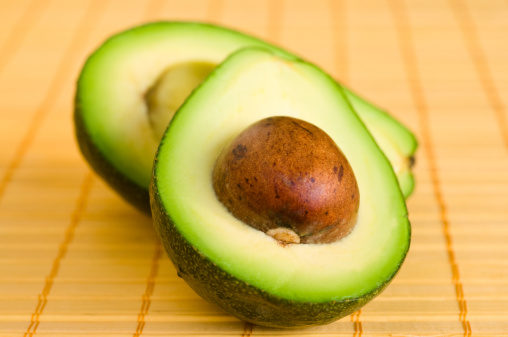The study further suggests the benefits of replacing foods high in fat, such as cheese and processed meats, with avocado. Swapping half a serving daily of butter, cheese, or processed meats with the same amount of avocado was linked with a 16% to 22% lower risk incidence. Replacing half a serving a day of avocado for the same amount of healthy unsaturated fats, such as olive oil or other plant oils, did not provide added benefits.
Study findings showed that subjects who had a minimum of one avocado per week were 16% less likely to be at risk for CVD. Further, subjects were 21% less likely to be at risk of coronary heart disease, compared to those who did not incorporate avocados in their diet. There was no positive benefit for stroke associated with avocado consumption.
The analysis was conducted over a 30-year period, and incorporated data from 68,780 women between the ages of 30 to 55 and 41,700 men between ages 40 to 75. All subjects did not have a record of cancer, coronary heart disease, and stroke when the study began. During the follow-up period, 9,185 coronary heart disease occurrences were reported, as were 5,290 strokes.
Researchers evaluated the diets of patients through questionnaires distributed every four-year period. Scientists determined avocado consumption from patient’s responses to the amount eaten and regularity. Two servings were equal to one avocado or a cup of avocado.
Experts note that the rise in popularity of avocado in the American diet in recent years highlights the importance of these findings and their positive effects. Lorena S. Pacheco, Ph.D., M.P.H., R.D.N., lead author of the study and a postdoctoral research fellow in the nutrition department at the Harvard T.H. Chan School of Public Health in Boston, says nutritionists and registered dietitians can use these study results to encourage patients to substitute saturated fats with avocado since avocado is a popular food.
"These findings are significant because a healthy dietary pattern is the cornerstone for cardiovascular health, however, it can be difficult for many Americans to achieve and adhere to healthy eating patterns," added Cheryl Anderson, Ph.D., M.P.H., FAHA, chair of the American Heart Association's Council on Epidemiology and Prevention.
Study limitations include the study being an observational study, where direct cause and effect is difficult to prove. Other limitations include the composition of the study population, and self-reporting for dietary consumption.
"Our study provides further evidence that the intake of plant-sourced unsaturated fats can improve diet quality and is an important component in cardiovascular disease prevention," Dr. Pacheco concludes.









